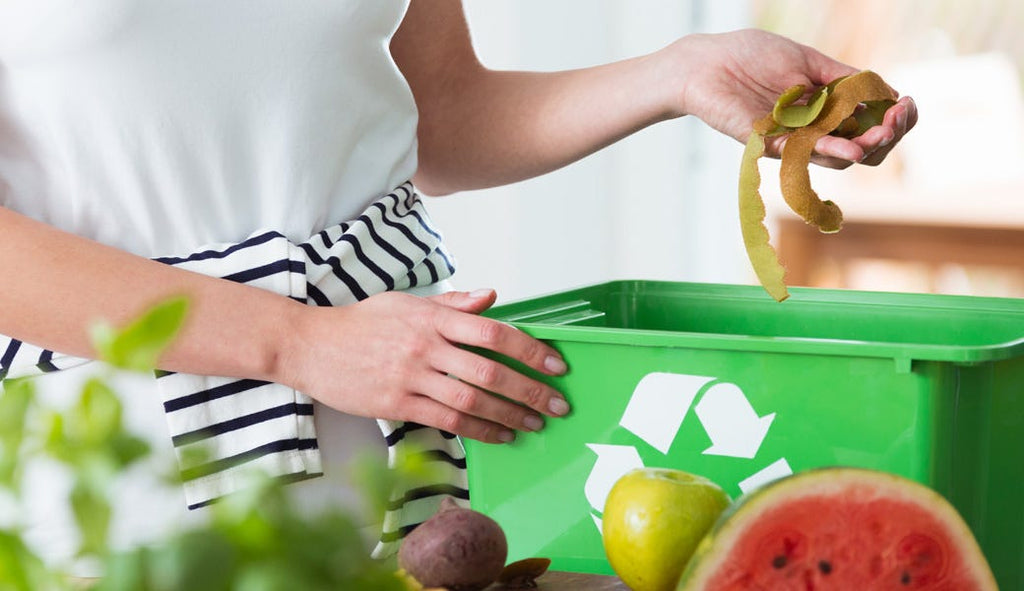5 Reasons Composting Is Important
In nature there is no waste. Leaves that fall from trees as well as dead plants and animals naturally decompose. In this way they pass the nutrients of their makeup to the soil which in turn contributes to the growth of other living things. This natural cycle is drastically altered, however, when it comes to human garbage.
Every single day, the average person produces between 4 to 5 pounds of trash, half of which ends up in landfills. This is bad news considering landfills are truly preventable environmental travesties. Organic waste lies stagnant inside landfills where the oxygen needed to break it down cannot reach. This causes the organic material to decompose anaerobically (without oxygen) and produce methane gas, a greenhouse gas about 20 times more potent than carbon dioxide.
By composting organic trash, such as kitchen waste, leaves, and grass clippings, we can reduce the amount of garbage put into landfills by a significant amount. About 40% of residential waste is made up of organic, compostable materials. Here are some other reasons composting is a win-win scenario for us and for the environment.
Reduces Greenhouse Gases
Not only does composting reduce the release of methane gas into the atmosphere, it also reduces carbon dioxide emissions from vehicles used to transport garbage and from the trash incineration process.
Great For The Soil
Talk to any gardener and they’ll tell you the value of rich, dark, earthy compost. It’s a great natural fertilizer that’s full of essential nutrients and microorganisms your plants need to thrive. Turning our organic waste into compost and then using it in our gardens also allows us to eliminate the need to buy chemical fertilizers. That’s good for the earth, and good for your pocketbook.
Saves Water
Compost in soil acts like a natural sponge helping improve moisture retention for plants. Plus, since compost holds soil moisture longer, there’s less need for costly watering — saving this precious resource and the price we pay for it.
Less Water Pollution
When it rains, soil mixed with compost absorbs the water. This is not so with chemical fertilizers which runoff into our rivers, lakes, and streams and have a detrimental effect on their ecosystems.
Healthy Food
Incorporating nutrient-rich compost into garden soil improves the health and flavor of our home-grown fruits and vegetables. In effect, by composting we come back to participating in the natural cycle of life. Our discarded food waste becomes compost which enriches our soil, creating healthy food which nourishes us.
Don’t have the space to compost at home? No worries! There are municipal composting programs in San Francisco, Boulder, Denver, Seattle, Portland, and New York. In addition, there are independent composting programs all over the country created by farmers, eco-entrepreneurs and non-profits. Here's a list of some of them to help you find a compost collection program near you:
- Los Angeles, CA – LA Compost
- Sacramento, CA – GRAS/ReSoil Sacramento
- Washington, DC – Veteran Compost
- Chicago, IL – Healthy Soil
- Gloucester, MA – Black Earth Compost
- Falmouth, MA – Compost With Me
- Boston, MA – Bootstrap Compost
- Portland, ME – Garbage to Garden
- Raleigh, NC – Compost Now
- Cleveland, OH – Rust Belt Riders
- Philadelphia, PA – Bennett Compost
- Austin, TX – Compost Pedallers
- Montpelier, VT – Vermont Compost
- Milwaukee, WI – Compost Crusader










